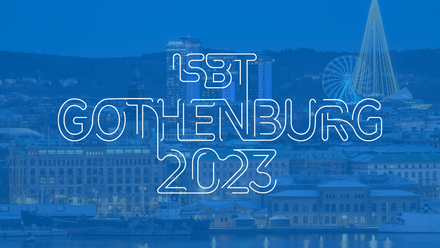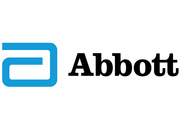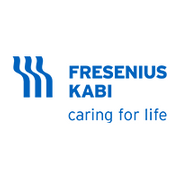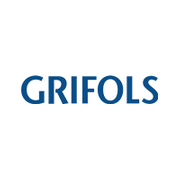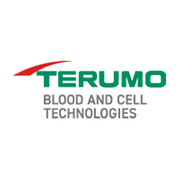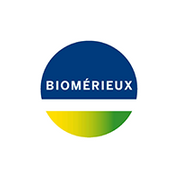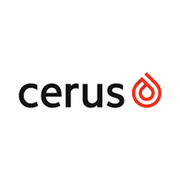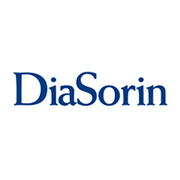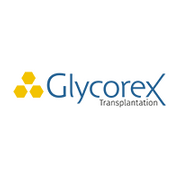The Cell Therapy by Design session included the following presentations:
1. Olga Zimmermannova: Reprogramming of dendritic cells for cancer immunotherapy
2. Ali Moazzeni: Leukoreduction filters (LRFs) as a novel source of CAR-NK cell based immunotherapy
3. Katharina Schallmoser: A Protein Corona Around Human Platelet-Derived Extracellular Vesicles Promotes Regenerative Functions
4. Abdullah Khan: Bone Marrow Organoids
MODERATORS: Sofia Frändberg and Mickey Koh
After the presentation, there was a questions and answers session of about 5 minutes, which is also included in the recording.
Abstract
Human bone marrow organoids as a model of blood cell generation
A Khan1,2, A Rodriguez-Romera2, J Reyat1, A Olijnik2, M Colombo2, G Wang2,3, W Wen2,3, N Sousos2,4, L Murphy2, B Grygielska1, G Perrella1, C Mahony5, R Ling6, N Elliott6, C Simoglou Karali2, A Stone7, S Kemble5, E Cutler8, A Croft5, D Bassett9, G Poologasundarampillai10, A Roy6, S Gooding2,11, J Rayes1, K Machlus7, B Psaila2,4
1Institute of Cardiovascular Sciences, College of Medical and Dental Sciences, University of Birmingham, Birmingham, 2MRC Weatherall Institute of Molecular Medicine, Radcliffe Department of Medicine and National Institute of Health Research (NIHR) Oxford Biomedical Research Centre, 3Centre for Computational Biology, MRC Weatherall Institute of Molecular Medicine, University of Oxford, 4Cancer and Haematology Centre, Churchill Hospital, Oxford University Hospitals NHS Foundation Trust, Oxford, 5Rheumatology Research Group, Institute of Inflammation and Ageing, College of Medical and Dental Sciences, University of Birmingham, Birmingham, 6MRC Weatherall Institute of Molecular Medicine, Department of Paediatrics and National Institute of Health Research (NIHR) Oxford Biomedical Research Centre, University of Oxford, Oxford, United Kingdom, 7Vascular Biology Program, Department of Surgery, Harvard Medical School, Boston Children's Hospital, Boston, United States, 8Cancer Institute, University College London, London, 9Healthcare Technologies Institute, School of Chemical Engineering, 10School of Dentistry, Institute of Clinical Sciences, University of Birmingham, Birmingham, 11Cancer and Haematology Centre, Churchill Hospital, University of Oxford, Oxford, United Kingdom
Blood cell production is a carefully regulated process supported by specialised stroma and vasculature in the microenvironment of the bone marrow. There is a huge need for complex, in vitro models which emulate these niches, and therefore enable the study of both healthy and diseased haematopoiesis in the context of the bone marrow microenvironment. We recently developed a bone marrow ‘organoid’ model, derived from human induced pluripotent stem cells (hiPSC) that more faithfully recapitulates key features of human myelopoietic bone marrow. Using a combination of step-wise cytokine exposure and specialised hydrogel embedding, we generated 3D cultures including stromal cells, myeloid cells and their progenitors and lumen-forming vasculature. Haematopoietic cells generated include platelet producing megakaryocytes, erythroid cells, CD14+ monocytes and Eo/Baso/Mast progenitors, and the stroma includes a branched, 3D network of sinusoid endothelial-like cells supported by fibroblasts and mesenchymal stromal cells (MSC). As well as providing a model to test the impact of inflammatory stimuli on the bone marrow niche, the organoids also support engraftment and proliferation of cells from healthy donors and patients with blood cancers (e.g., multiple myeloma, myelofibrosis and acute lymphoblastic leukaemia), enabling a scalable, ex vivo system for the holistic study of healthy and diseased haematopoiesis.

